This article originally appeared in the Winter 2023 issue of the Ontario Medical Review magazine.
Priorities need 18 to 36 months to make it to board approval finish line
Transformation takes time and fine-tuning. The Ontario Medical Association’s panel and working group structure, designed to address important strategic priorities, is a case in point.
Panel chairs, vice-chairs and General Assembly Steering Committee executives offered insights into what members joining a panel can expect in terms of workload, timeframes for hammering out recommendations and ongoing improvements to the process during the recent General Assembly meeting.
The General Assembly has three panels — on issues and policy, compensation and advocacy — and each has working groups, made up of OMA members. Together, they work on health-care priorities that have been chosen by the Priorities and Leadership Group. Panels narrow down and scope ideas, which come from the general membership, for the working groups to develop into actionable items.
“The actual strategic-level goals we are developing through the Priority and Leadership Group process are meant to be 18 to 36 months. It’s not meant to be a short turnaround or urgent issues,” said Dr. Greg Rose, vice-chair of the General Assembly Steering Committee in an interview. “The process of idea generation and prioritization development lends organizational heft to the ideas when they are adopted. We get ideas that are resourced, costed and have that strategic alignment with where we want to go.”
This structure for addressing challenges facing the medical profession is part of a wider governance modernization underway at the OMA, designed to make the organization more responsive to members. Governance changes have also included structural review of the association’s sections and district representation.
In tune with those changes, the General Assembly problem-solving process allows more members to participate, lending their expertise to address issues that fit within the association’s strategic mandate.
Panel members have two-year terms and can serve up to three terms in total. Their respective working groups aim to meet up to six times a year. The number and duration of meetings depend upon how long it takes to develop the recommendations for their mandate.
Working groups take the panels’ focused ideas to develop the recommendations, which must be approved by the OMA Board of Directors for implementation. Panels get new priorities every year so workflows on different priorities can overlap for the three panels.
The ideas that get prioritized for the panel process must align with the OMA strategic plan, can’t duplicate or contradict other work underway, and need to result in recommendations that can be implemented within the mandate of the OMA.
Some of the priorities set at the beginning of the new structure in 2021 are going to take longer than 36 months to complete, Dr. Rose admitted. He said it wasn’t clear at the beginning what types of ideas suit the process and how fleshed out those ideas needed to be for the working groups to tackle them.
“That’s where the process improvement is going to come into play.”
Currently, efforts are being made to improve the workflow and timelines for the panels and their working groups.
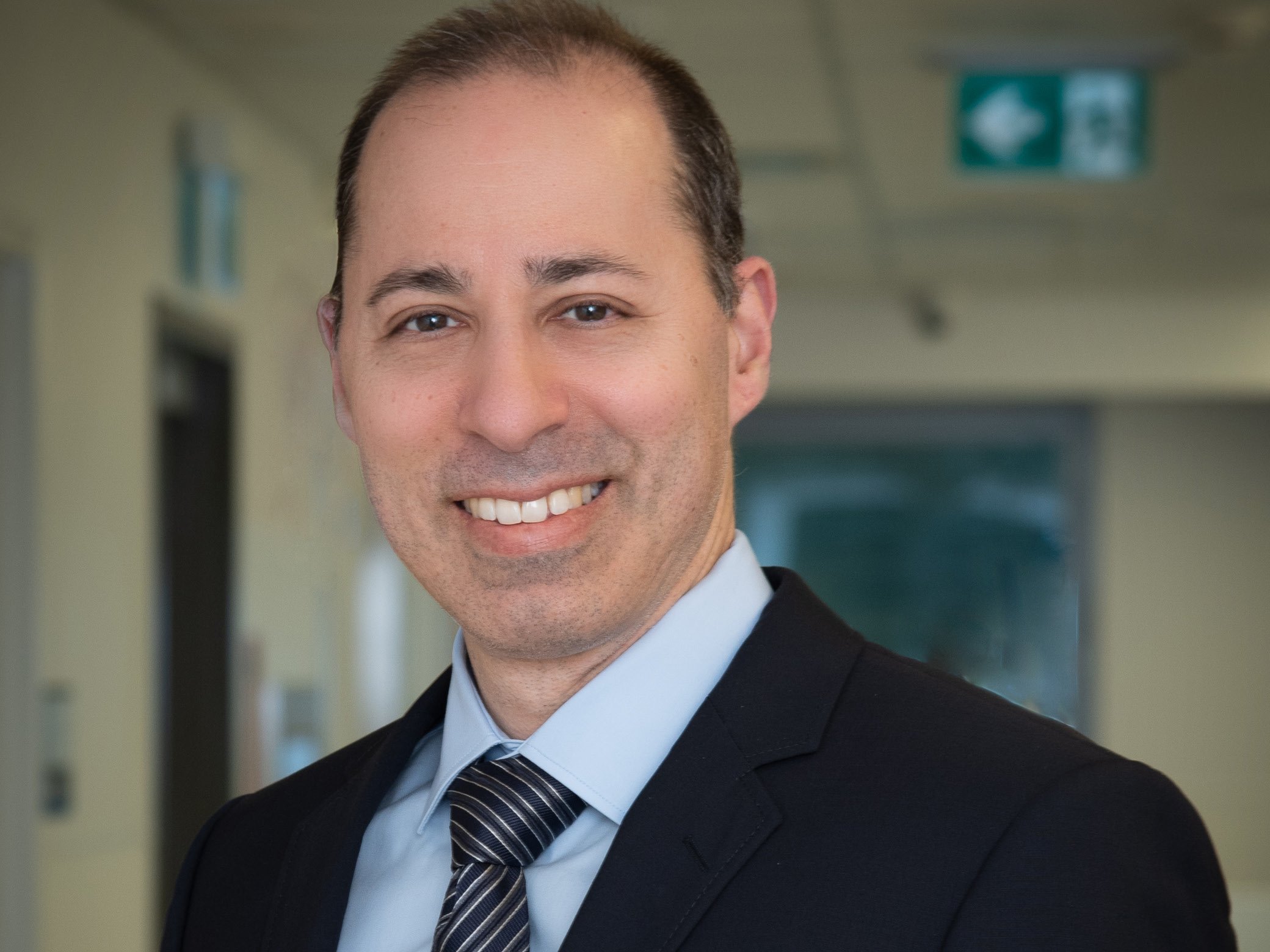
“There is no speeding up a slow process, really. I think the expectations have to be managed a little bit,” Dr. Eric Goldszmidt, vice-chair of the Compensation Panel and a Mount Sinai Hospital anesthesiologist, told the General Assembly meeting.
Dr. Goldszmidt’s panel beat the clock for completing its first priority all the way to implementation. The panel’s priority — optimizing constituency group engagement in negotiations — had a very tight deadline to co-ordinate with Physician Services Agreement negotiations, which were underway with the province.
Dr. Eric Goldszmidt is the vice-chair of the Compensation Panel and anesthesiologist at Mount Sinai Hospital.
“We did not engage a working group. We became the working group ourselves. We met very frequently,” he said. “We did the work on a very compressed timeline. It was actually very, very effective. But it took a lot of resources. And if you multiply that across all the working groups and all the panels, the OMA and their staff would have to organize themselves very differently.”
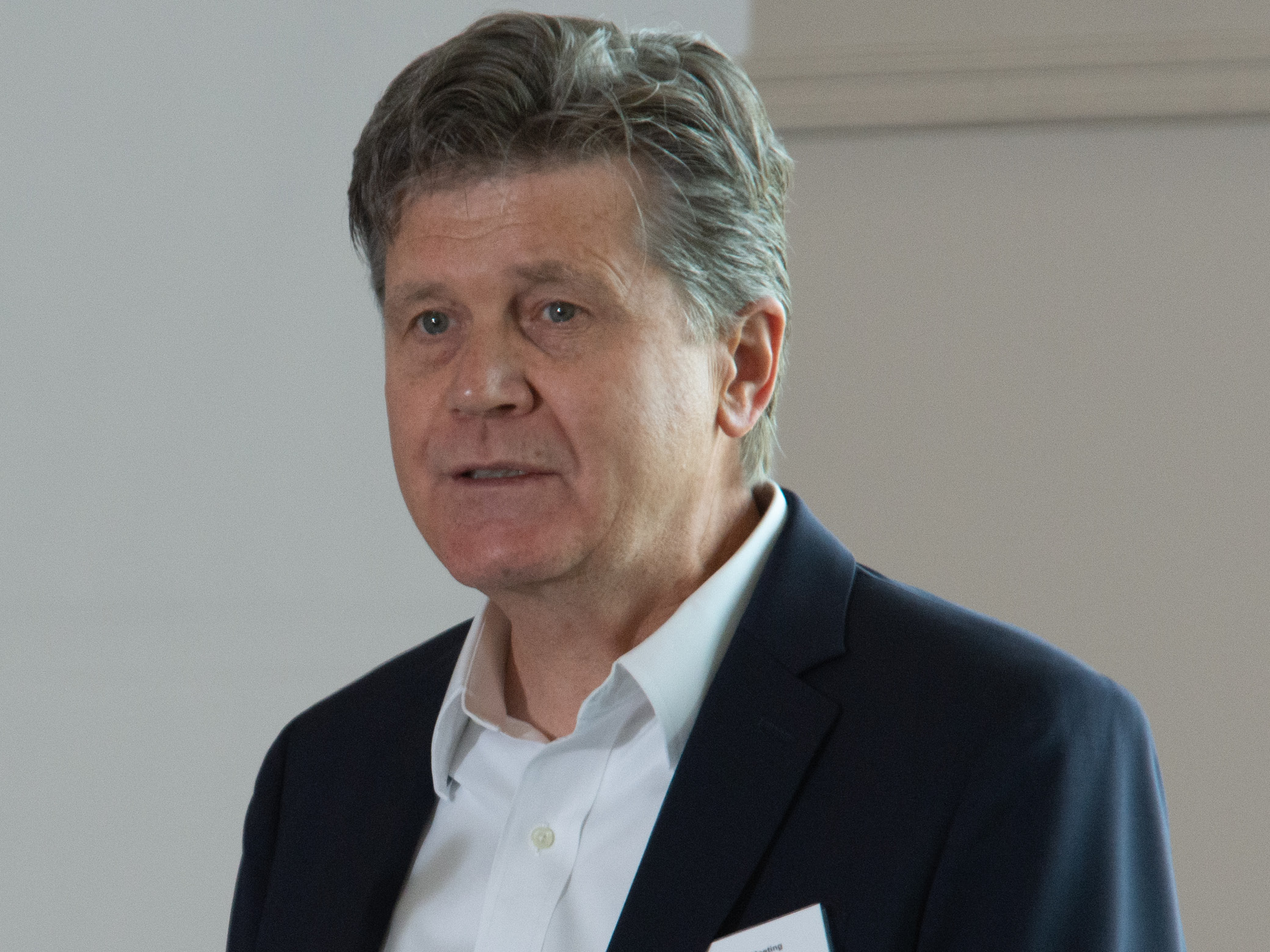 Compensation Panel Chair Dr. Robert Dinniwell, a radiation oncologist at the Walker Family Cancer Centre, Niagara Health, agreed. “I think if you try to accelerate the timeline, you are then going to run into new barriers because you are stressing the system in a slightly different way that it hasn’t been resourced to manage.”
Compensation Panel Chair Dr. Robert Dinniwell, a radiation oncologist at the Walker Family Cancer Centre, Niagara Health, agreed. “I think if you try to accelerate the timeline, you are then going to run into new barriers because you are stressing the system in a slightly different way that it hasn’t been resourced to manage.”
Some issues affecting the time it takes to work through priorities can’t be easily accelerated. Panel and working group members are physicians and medical students with busy practices and schedules, so finding time for meetings is challenging. And there is also time required for OMA staff and outside experts to contribute to the process.
Dr. Robert Dinniwell is the chair of the Compensation Panel and radiation oncologist at the Walker Family Cancer Centre.
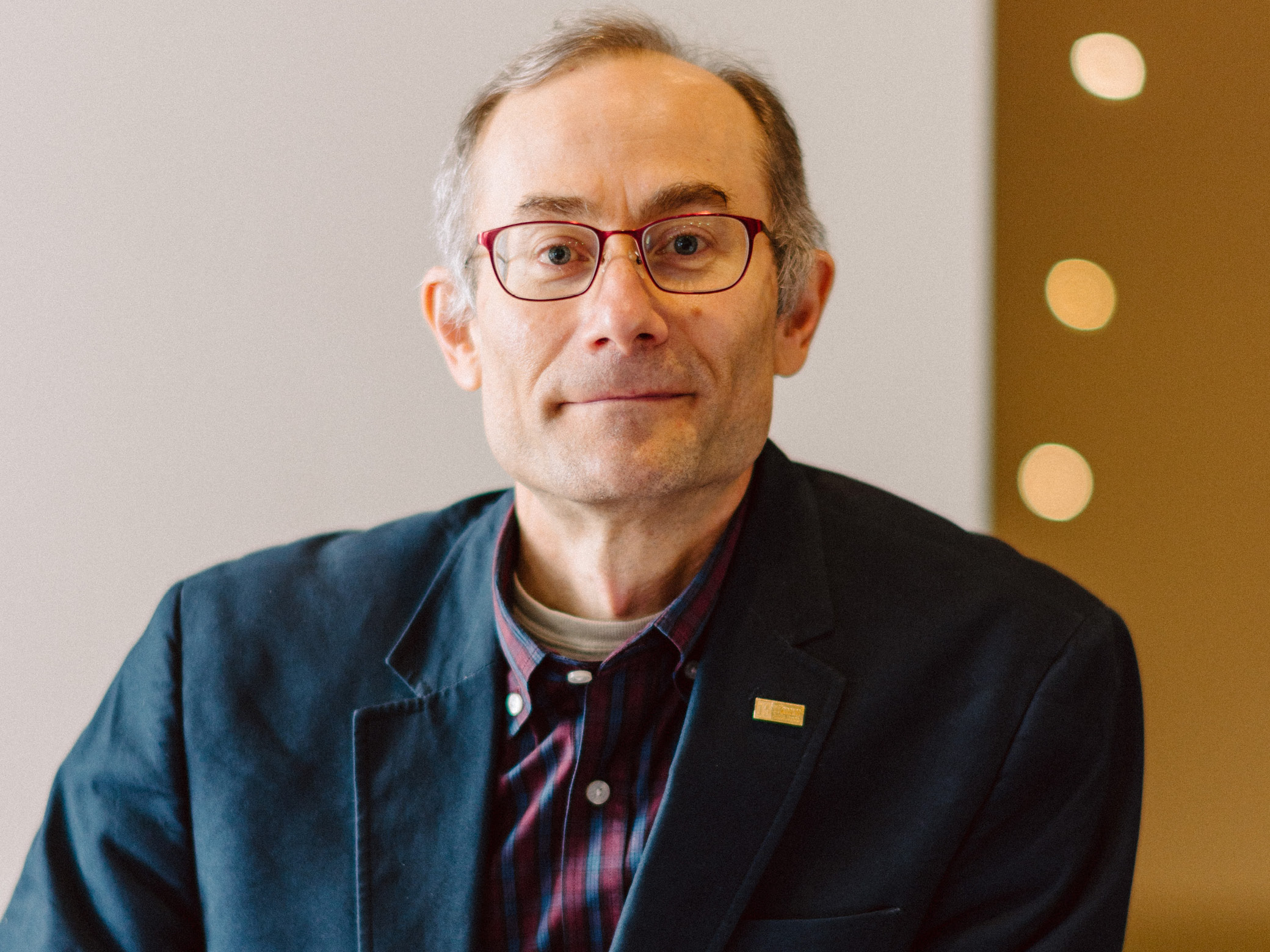 Dr. Michael Finkelstein, chair of the Issues and Policy Panel, pointed out that experts aren’t always available at the snap of a finger.
Dr. Michael Finkelstein, chair of the Issues and Policy Panel, pointed out that experts aren’t always available at the snap of a finger.
“They have actually had input into the work that the Issues and Policy Panel has been working on that has changed our direction in a positive fashion,” said Dr. Finkelstein, deputy medical officer of health for Toronto Public Health.
“I really thank the staff again for going out and getting those experts to be available to us. It has really been a huge contribution to the process.”
Dr. Michael Finkelstein is the chair of the Issues and Policy Panel and deputy medical officer of health for Toronto Public Health.
Experience suggests that refining and focusing ideas before they even get to the Priorities and Leadership Group for consideration would streamline the process, panel and steering committee members agree.
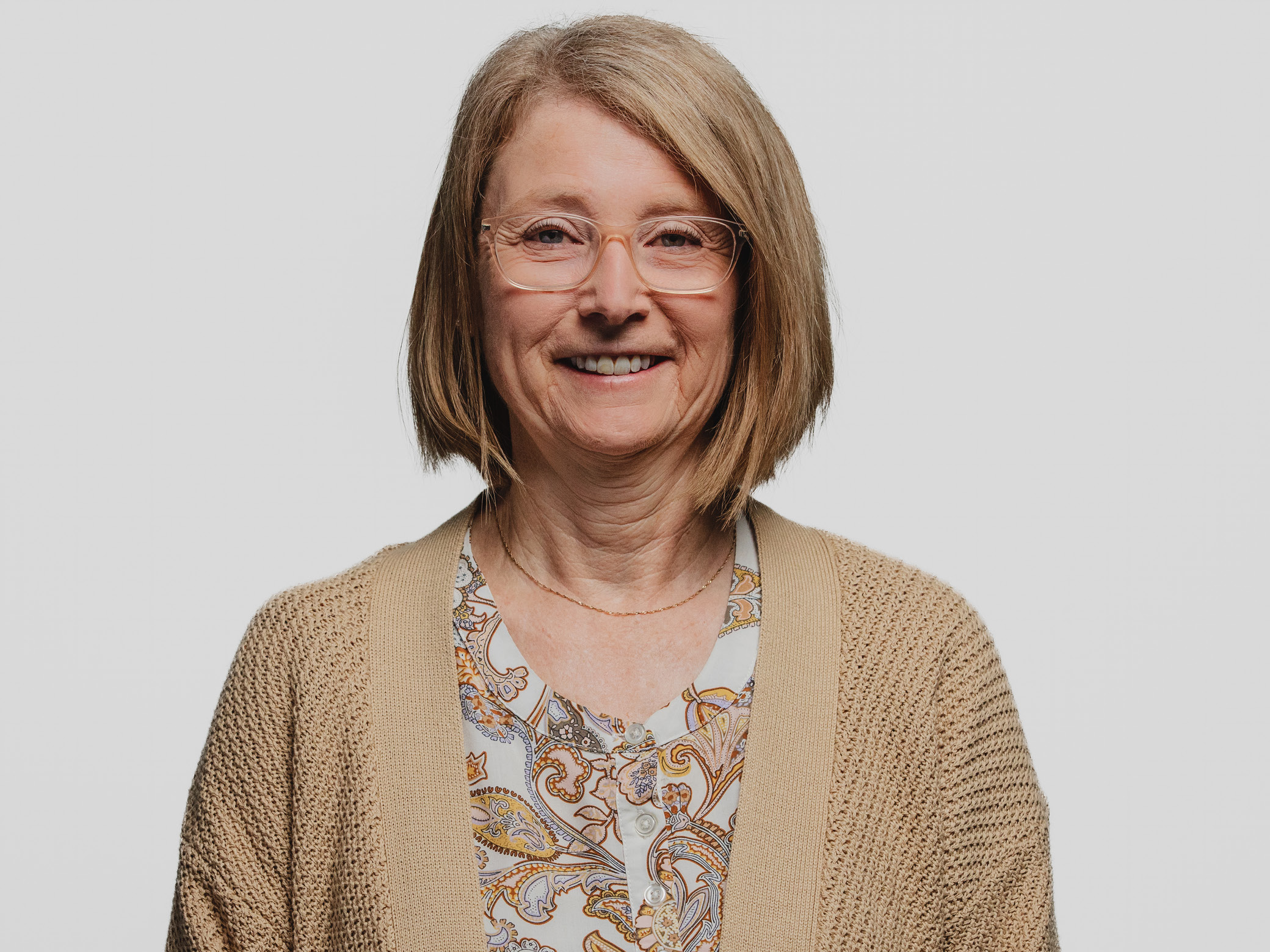 Take an idea that’s large in scope such as improving access to primary care for patients, explained Peterborough rheumatologist Dr. Jane Purvis, vice-chair of the Issues and Policy Panel.
Take an idea that’s large in scope such as improving access to primary care for patients, explained Peterborough rheumatologist Dr. Jane Purvis, vice-chair of the Issues and Policy Panel.
“In order to do something with that in a working group, you have to actually narrow it down to an item. You can’t say: ‘Just go fix health care.’ You have to find out something very specific.”
Dr. Purvis said a good example would be the Issues and Policy Panel’s decision to focus on radiology requisitions. The panel took a broad idea in 2022 addressing the ordering of bloodwork and imaging and narrowed it down to centralized requisitions for diagnostic imaging tests. Recent recruitment for the working group for that priority attracted a hefty 93 applicants.
Dr. Jane Purvis is the vice-chair of the Issues and Policy Panel and rheumatologist in Peterborough.
Dr. Rose said more focused ideas with tangible outcomes would reduce the scoping work panels have to do before the process even gets to the working-group stage. Determining if some other body has been working on the issue and what added value the OMA can bring could be done during the idea-generation stage, he suggested.
He said it is still to be determined who would work with the physician submitting the idea to the Priorities and Leadership Group. It could be OMA staff, General Assembly Steering Committee members or outside consultants.
Dr. Lisa Salamon, chair of the Advocacy Panel and an emergency physician at Scarborough Health Network and Sinai Health, also stressed that OMA members need to keep in mind the strategic nature of panel work.
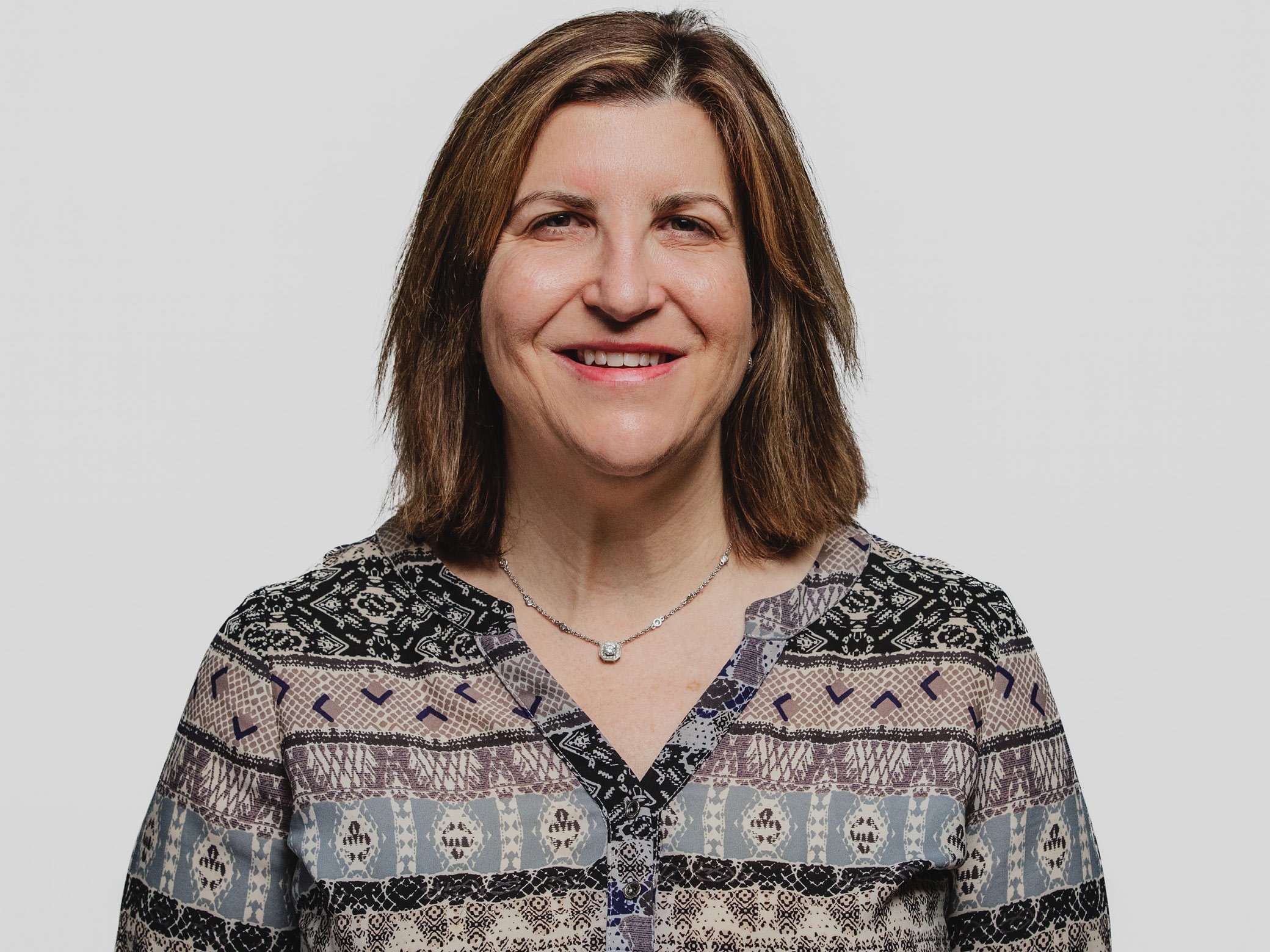 “There are other avenues and I know when we put forward this whole proposal, the idea was that more urgent issues would have other ways of being dealt with by OMA staff and leaders, and physician leaders,” Dr. Salamon said.
“There are other avenues and I know when we put forward this whole proposal, the idea was that more urgent issues would have other ways of being dealt with by OMA staff and leaders, and physician leaders,” Dr. Salamon said.
The best option for OMA members who have a question that requires a rapid response is to email info@oma.org, said Dr. Rose.
“That is the one-stop shop for members for everything from membership queries to issues that have to be dealt with by the association in an urgent way,” he said.
Dr. Lisa Salamon is the chair of the Advocacy Panel and an emergency physician at Scarborough Health Network and Sinai Health.
The OMA and the Ontario Ministry of Health have a joint Physician Services Committee that is involved in rapid response. Dr. Purvis is its chair. The committee ensures that the PSA is followed and deals with any issues arising from that, she explained.
Issues requiring urgent intervention may involve OMA staff, the Physician Services Committee co-chairs and Ministry of Health administration.
 Dr. Alykhan Abdulla, chair of the General Assembly Steering Committee, admitted there has been uncertainty through the first years of the panel and working group system.
Dr. Alykhan Abdulla, chair of the General Assembly Steering Committee, admitted there has been uncertainty through the first years of the panel and working group system.
“There were a lot of processes that we needed to improve on, but we kept focusing on that and we kept improving it. We were able to do that because of the OMA board’s commitment and also the staff working hard to make that happen,“ he said, adding there was a lot of preliminary work to complete before the adoption of the current process.
Dr. Alykhan Abdulla is the chair of the General Assembly Steering Committee and family doctor in Manotick.
“We learn and grow, and we build mandates for each priority, define recruitment needs for each working group, and identify how best to set them up for success. I recognize this has taken a long time to get to this stage.”
Dr. Abdulla, a family doctor in Manotick, said the OMA will start 2024 with five working groups and will add another three during the year.
Katherine Kerr is an Edmonton-based writer.
There were 50 applicants for the first working group and 23 for the second.
“I read every one of those applications and CVs and we really have a tremendous amount of talent in our profession as well as in our medical students and residents" — Dr. Lisa Salamon
Ninety-three members applied for the seven working group positions on the lab requisition priority.
“Our members are now seeing that there is actually quality work that is being done that they can get involved in and actually help to change the process and the policies” — Dr. Jane Purvis